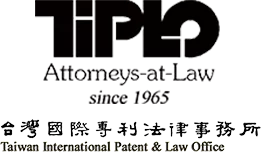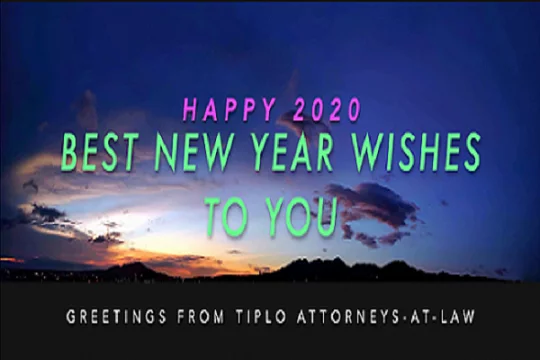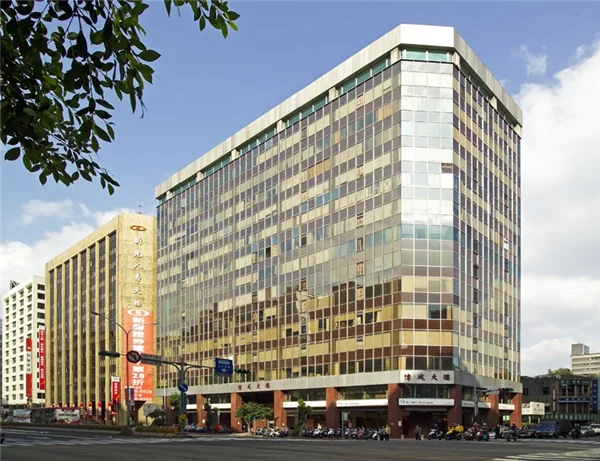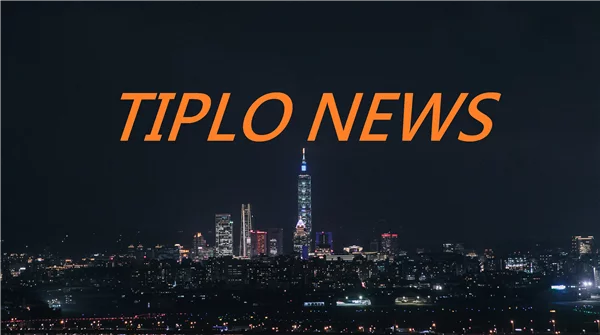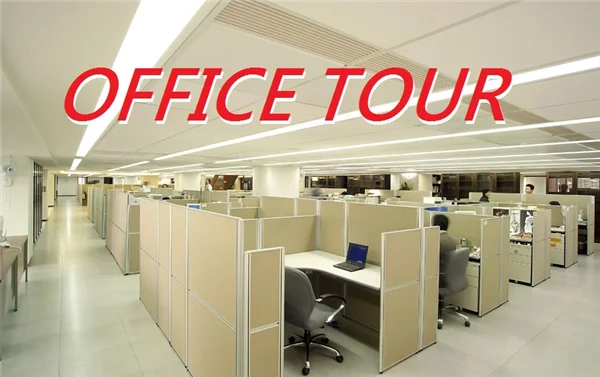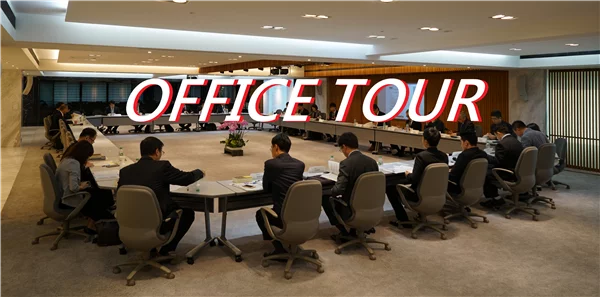TIPO Invites Opinions on Proposed Amendment to the Patent Act on Compulsory Licensing.
E080715Y1・E080714Y1 Aug. 2008(E105)
TIPO held an advisory hearing on 8 July 2008 with the relevant competent authorities, scholars, experts, patent right holders and users groups present on TIPO’s invitation for their opinion to be heard on certain key points of the proposed amendment (see the table below). The key points discussed at the hearing are
1. Definition, including (a) the Chinese version of the term compulsory licensing is to be revised to be in line with the English version of the term, and (b) definition of re-invention needs to be clarified.
2. Acceptability of the causes for seeking grant of compulsory licensing, in particular, where the applicant has alleged unsuccessful licensing negotiation with the patent right holder on reasonable terms or in cases where unfair competition practice is involved, the patent authority (i.e. TIPO) is to decide to or not to grant the compulsory licensing being sought for based on a final and irrevocable decision by the court or the Fair Trade Commission (FTC).
It was proposed at the hearing that the application for compulsory licensing should be examined by the court or the FTC, not by TIPO. However, neither the FTC nor the Judicial Yuan concurred. TIPO responded indicating that it would continue to be the authority to examine and approve/disapprove the applications for grant of compulsory licensing based on an irrevocable FTC decision which expressly indicates the grant of the compulsory licensing is imperative.
3. Procedure and post-grant monitor, in particular, in cases of national emergency or otherwise urgent in nature which necessitate the grant of compulsory licensing to the government, when the patent authority will forthwith act on the relevant emergency order or the notice from the government agency in need of the compulsory licensing without conducting substantive examination of the subject patent. The circumstances that necessitate a grant of compulsory licensing to the government mainly concern urgent national needs and/or public interests, in which case, the compulsory licensing will be granted on an emergency basis on the presidential order or the authorized competent authority’s decision.
Further, instead of the three-month period given to the patent holder for answer under the current regime, it is proposed that the time limit for answer will be specified by the patent authority and the amount of reasonable compensation payable to the patent holder will be indicated in the notice of grant of compulsory licensing together with the cause(s) acceptable for applying for withdrawal of the grant.
Three additional causes for seeking withdrawal of grant of compulsory licensing are proposed (see the table below) with a workable monitoring mechanism in place by reference to Articles 89 and 90 of the Japan Patent Act which provides that the ruling for the compulsory licensing will be void upon the licensee’s failure to pay or lodge the security for the compensation payable to the patent holder or the patent authority may, on its own initiative or on application by an interested party, withdraw the grant of the compulsory licensing once the cause or otherwise which necessitates the ruling for grant no longer exists or the licensee fails to practice the patent in a reasonable manner.
| Highlights of proposed amendment to Patent Act on compulsory licensing | |
| 1 | Designation of (the Chinese version of) the term compulsory licensing. |
| 2 | Acceptability of seeking compulsory licensing on account of unsuccessful licensing negotiation on reasonable terms. |
| 3 | Acceptability of regulating unfair trade practice by grant of compulsory licensing through a decision made by the court or the unfair competition law competent authority. |
| 4 | Separation of the application procedure for grant of compulsory licensing to government agencies from that to private sector. |
| 5 | Acceptability of phased payments of compensation to patent right holder. |
| 6 | Causes for seeking withdrawal of grant of compulsory licensing. |
| 7 | Clarification of definition of re-invention under the current compulsory licensing regime. |
| Source: TIPO | |
| Withdrawal of grant of compulsory licensing | ||
| Current regime | Amendment proposed | |
| Acceptable causes for request for withdrawal of grant of compulsory licensing | Cause for grant of the compulsory licensing subsists no long; breach of the purpose of the grant of compulsory licensing. Procedurally, causes of the withdrawal approved must be duly explicated with necessary verification. | 1. Facts which necessitate the grant of compulsory licensing have changed. 2. The licensee under the compulsory licensing granted fails to practice the subject patent in accordance with the terms of the grant or 3. The licensee under the compulsory licensing granted fails to pay the compensation assessed. |
| Who may apply for withdrawal of grant of compulsory licensing ? | 1. Patent right holder. 2. Patent authority acting on its own initiative. |
1. Patent right holder. 2. Patent authority acting on its own initiative. |
| Monitoring mechanism | (None provided.) | (To be expressly provided.) |
| Source: TIPO | ||
(2008.7)
/EMA

